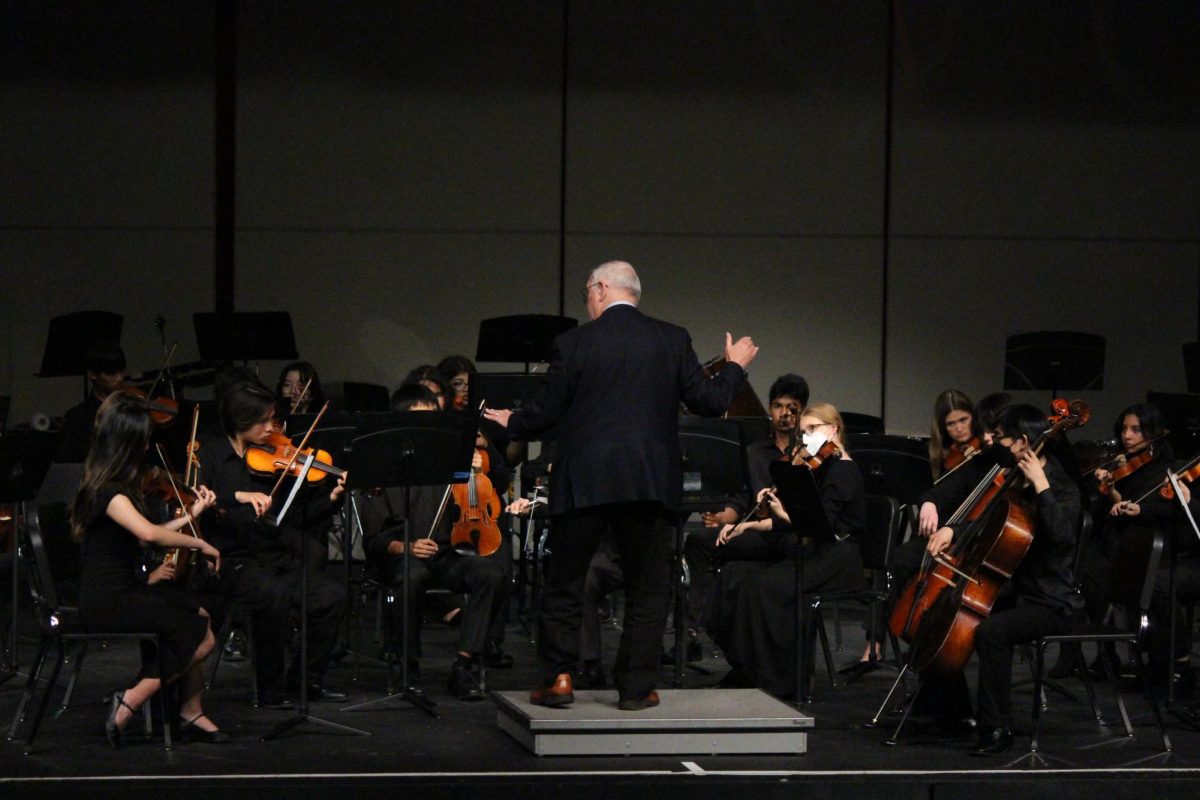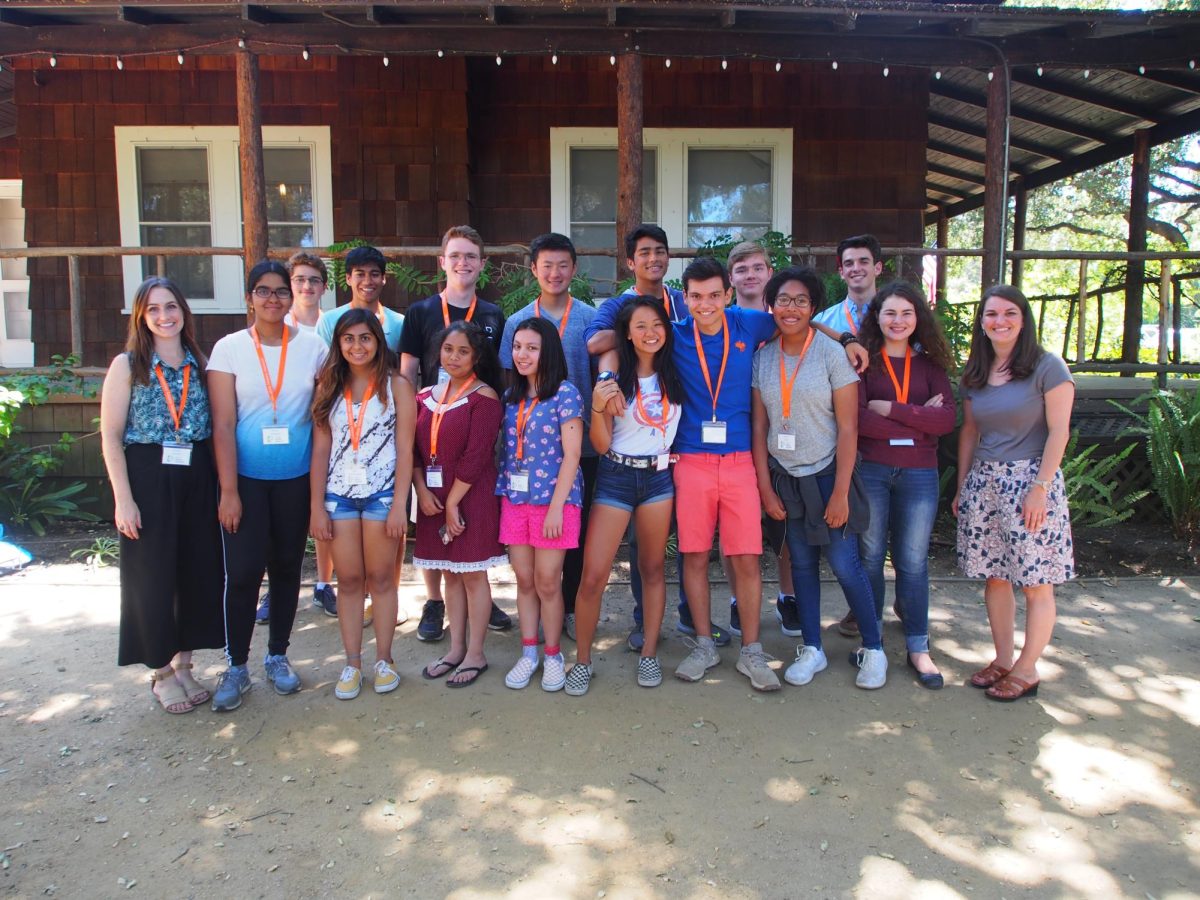Academic-IntegrityPolicy-MVLA-LAHS
“There’s a culture [here] that cheating is okay and we felt that our existing policy in some ways wasn’t fair in that it punished students too severely,” Assistant Principal Galen Rosenberg said. “While we don’t think that there’s a huge problem with cheating at Los Altos, it certainly happens and we wanted to see if changing the policy would create a culture where fewer students would cheat.”
Under the previous policy, the tiering of consequences was not as defined—the consequences for copying homework were the same as cheating on a major assignment. Now, the consequences are intended to be more proportional to the offense so that students see consequences for even small offenses.
“There are different levels of intent to take advantage of someone who’s in the program and there are bigger effects on a person’s grade for different kinds of cheating,” Rosenberg said. “So we wanted different kinds of cheating to be distinguished and also for the consequences to be proportionate so that hopefully if a student does cheat one time, the consequences deter them from doing it again.”
Another major change is the implementation of restorative justice. The goal of this disciplinary process is to address the reason why the offender committed the offense and what he or she can do to be accepted into the community again, rather than simply punishing him or her. In the case of cheating at school, that means students caught cheating will meet with an administrator, a parent and possibly the teacher whose class in which they cheated and/or a student affected by the offense in order to make sure that the student understands that his or her actions may have harmed others and to plan out what the student can do to provide a satisfactory restoration for the harm done.
“[Students who cheat] hurt their teacher, they hurt the whole integrity of the class and in some theoretical sense they hurt their classmates by perhaps being admitted into a college that another student who didn’t cheat didn’t get into,” Rosenberg said. “I mean that’s probably not going to happen but it could, and so the restorative justice process is intended to help students think about what they’ve done and why they did it and reflect on it in such a way that they won’t do it again.”








